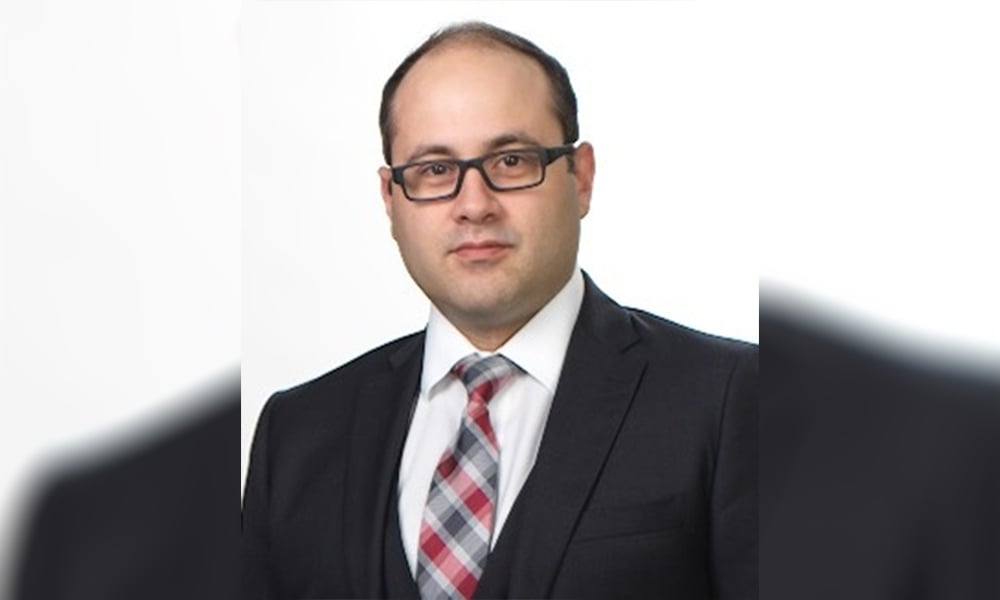
Virtual witnessing still not possible but barriers ensure physical distancing in office

Estate lawyers in Alberta and British Columbia say they are fielding a wide range of queries from clients thinking about end of life decisions and are providing advice in a flexible manner despite the ongoing requirement to have wills witnessed in person.
The ability to witness wills virtually, which was recently permitted in Ontario, has not yet come to Canada’s western provinces, but would be a welcome change, says Matt Trotta, who practises in Field Law’s Calgary office. “Peace of mind is key right now. And that's something that I think would certainly be a benefit to clients.”
Trotta says since many of his clients are owners and managers of businesses, the questions he has received over the last few weeks have often been about cash flow. “I've got a lot of clients now that have a bit of downtime. So, now's the time that we're kind of working on their plans,” he says.
Trotta says many clients are also asking about the legal issues surrounding consent to medical care should they contract the Coronavirus and are incapacitated. In Alberta, the Personal Directives Act allows emergency medical care to be provided by an attending physician to an incapacitated person without consent, says Trotta. If there is no documentation in place for an incapacitated person suffering from COVID-19, the “most responsible health practitioner” may select a “specific decision maker,” typically next of kin, to make emergency medical decisions, he says.
“For some clients, it's a bit of education.”
For Bruce Hallsor, the managing partner of Crease Harman LLP in Victoria, there was a spike in requests from many clients the first two weeks of the COVID-19 crisis in Canada, “particularly people in the medical profession or essential services.” Now, he says, the requests have decreased a bit since the numbers of COVID-19 infections in BC has stabilized.
Hallsor still prefers to see clients in his office if possible, although he has met them in other public places, including outside of a hospital. His firm has changed the physical layout of its offices to ensure that when clients do visit, they can comply with physical distancing requirements. Crease Harman set up two boardrooms for clients that have plexiglass shields on the tables, Hallsor says, so that the lawyer is on a different side of a shield from the client.
“We feel that's been a pretty effective measure that most of our clients are very comfortable with,” Hallsor says.
Although BC, like Alberta, does not currently allow wills to be witnessed virtually, Hallsor says there is relatively new legislation in BC that allows holograph wills, which is a will that can be approved even though it doesn't meet the formalities required under s. 37 of the Wills Estates and Succession Act.
“I think that a holograph will that somebody does without any witnesses, because of COVID-19, would very likely be admitted to probate in BC,” says Hallsor.
Hallsor says the biggest challenge for him is that the courts have essentially “shut down,” and he hopes that “opening up the courts is something that will happen very early.” Recently, for example, he had a real estate sale fall through because a tenant who hadn't paid rent for five months could not be removed from a property, which was not related to the COVID-19 crisis. His client had received an order to remove the tenant, but Hallsor could not get it enforced due to the court closures.
“There's lots of stories like that out there.”